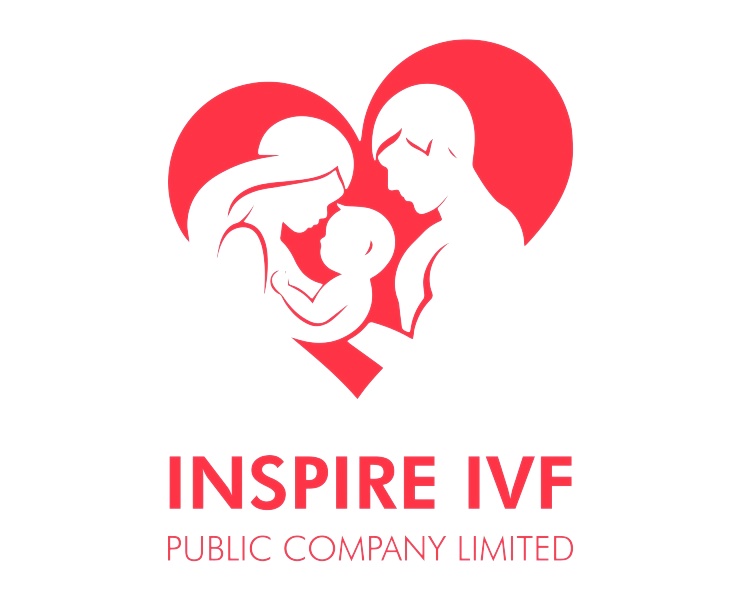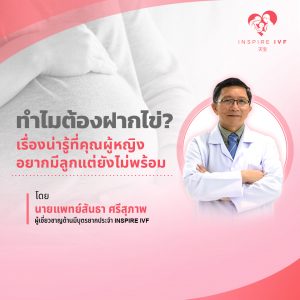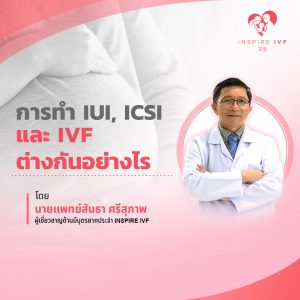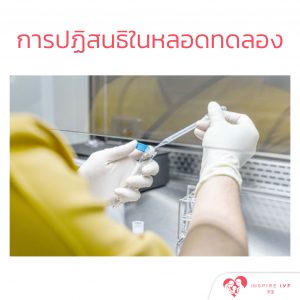What is Fertility Preservation?
Fertility Preservation involves freezing and storing eggs, sperm, embryos or reproductive tissue so that our clients can hopefully have a biological family in the future.
What are the benefits of Fertility Preservation?
People with certain diseases, disorders, and life and social events that affect fertility may benefit from fertility preservation. These include people who:
- Wish to delay having children
- Are about to be treated for cancer
- Are about to be treated for an autoimmune disease, such as lupus
- Have a genetic disease that affects future fertility
- Have endometriosis
- Have uterine fibroids
- Have been exposed to toxic chemicals

What is Egg Freezing?
Egg freezing is one way of preserving a woman’s fertility. It is a viable option for women whose fertility is at risk, for those undergoing medical treatment which could potentially reduce fertility, or those who are not in a position to become pregnant. For personal and social reasons many women delay starting a family beyond their most fertile years, which increases the risk of age-related infertility. Egg freezing provides the option of having a family in the future.
It involves undergoing Controlled Ovarian Hyperstimulation (COH), collecting a woman’s eggs, freezing and storing them, and then thawing them later on so they can be used in fertility treatment. (see IVF Overview) Frozen eggs may be stored for many years without significant deterioration. When the woman is ready to use her eggs, they are warmed, and then fertilised with sperm. The aim is for the fertilised egg to develop into an embryo, which can then be transferred to the woman’s uterus giving a chance of pregnancy.
A woman’s chances of conceiving naturally decease as she gets older because the quality and number of her eggs drops. Egg freezing is also an attempt at preserving fertility by freezing the eggs when the woman is young and the eggs are of the highest quality.
Success Rates and Risks of Egg Freezing
The chance of a live birth is similar for frozen and ‘fresh’ eggs. The two most important factors that determine the chance of having a baby from frozen eggs are the woman’s age when the eggs were frozen and the number of eggs that are stored.
The number and quality of the eggs that develop when the ovaries are stimulated decline with increasing age. A woman in her early thirties might have 15-20 eggs available for freezing after the hormone stimulation but for women in their late thirties and early forties the number is usually much lower. Also, as women age they are more likely to have eggs with chromosomal abnormalities.
The number of eggs available for freezing and their quality is important because in every step there is a risk that some are lost. Of the eggs that are retrieved, some may not be suitable for freezing, some may not survive the freezing and thawing processes, and some may not fertilise or develop into normal embryos. Of the embryos that are transferred, only some will result in a pregnancy, and some pregnancies miscarry. Egg freezing is still a relatively new technique and the long-term health of babies born as a result is not known. However, it is reassuring that their health at birth appears to be similar to that of other children.
Inspire IVF Clinicians will consult and counsel our clients to ascertain suitable treatment enabling best outcome for individual clients.
What is sperm freezing?
Sperm freezing is a way of preserving a man’s fertility. (see Sperm Freezing)
Treatment for cancer, and other reasons, may affect fertility. There are options available to ensure the man can still have children in the future.
Before commencement of chemotherapy or radiotherapy treatment, or prior to a vasectomy, semen, containing sperm, can be frozen and kept for future use to start a family.
Men who have to travel overseas or work in dangerous situations may also want to have their sperm frozen for use in the future.
Chemotherapy and radiotherapy and lifestyle choices can affect sperm production – sometimes this is temporary but in other cases it may be permanent. Once medical treatment begins, it may be too late to collect and preserve sperm as it may already carry genetic damage.
What is the process involved?
Semen samples are preferably collected at Inspire IVF in our private, dedicated collection rooms. Sperm are then processed and frozen as quickly as possible. If this is unsuitable, sperm may be collected offsite with prior arrangement with Inspire IVF clinic staff.
Small amounts of sperm are mixed with a cryoprotectant and placed in straws which are carefully labelled. These straws are then frozen and stored in a tank in liquid nitrogen. If possible, several samples are stored to make sure there is enough sperm to conceive one or several children. While the freezing process usually affects the quality of the sperm, in most cases plenty of good quality sperm survive.
If it is not possible to collect semen or if there are no sperm in the semen, due to illness, we may be able to collect sperm directly from the testicles using a needle. This is called a testicular biopsy, and is performed in a day surgery under general anaesthetic. The collected tissue, hopefully containing sperm, is processed and frozen and stored, but this sperm will require insemination of eggs using the ICSI procedure.
Sperm Storage
Sperm can be stored safely for many years and the length of time sperm is frozen does not affect the health of any future children.
Freezing and Storage fees
There is an initial freezing fee and ongoing yearly fee for egg and sperm storage. Inspire IVF clients with eggs and sperm (gametes) in storage agree in their contract to maintain contact with the clinic to enable billing for storage and instruct the clinic regarding ongoing storage of gametes.
Our clinic staff are able to assist with any questions relating to freezing and storage fees for eggs or sperm.









